Women more hesitant about coronavirus vaccine, survey finds
Scepticism about the coronavirus vaccine has grown over the past six months — most pronounced among young women — even as immunisations are rolled out around the world.
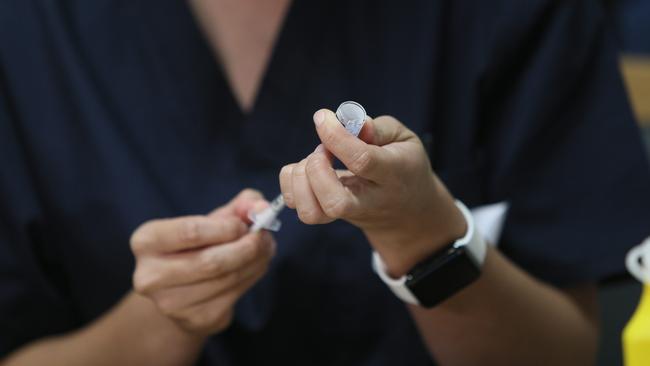
Scepticism about the coronavirus vaccine has grown over the past six months — most pronounced among young women — even as immunisations are rolled out around the world.
The belief that COVID-19 is not serious and Australians are not at high risk of contracting the disease are the biggest factors in making people less inclined to get vaccinated, a new study conducted by the Australian National University has found.
The study found a “substantial increase” in vaccine hesitancy between August 2020 and January this year, with 21.7 per cent of Australians now saying they probably or definitely would not get a safe, effective and free COVID-19 vaccine.
Last August, that figure was only 12.7 per cent.
A total of 32 per cent of Australians were “less willing” early this year than they were last year to get the vaccine.
“I think part of the reason that vaccine hesitancy has increased is there’s a view that, in a sense, COVID-19 is under control in Australia,” said Nicholas Biddle, a researcher at ANU’s Centre for Social Research and Methods.
“We asked a question both at the start of the pandemic and also in January — ‘Do you think too much is being made of COVID-19?’ Those who said ‘yes’ are not only more hesitant but also became more hesitant over time,” Professor Biddle said.
Federal health officials are working with an “army of informers” who can put out accurate information about vaccines, targeting prominent health commentators including the ABC’s Norman Swan to spread the message that the immunisation program is safe and reliable.
Three British studies released at the weekend found the risk of infection fell 85 per cent after two doses of the Pfizer vaccine.
Also, the chances of having to go to hospital were 94 per cent lower after one shot of the AstraZeneca vaccine, one study conducted by Public Health Scotland concluded.
The Morrison government believes the most effective way to counter concerns about the vaccine is to reassure people by using doctors, scientists and the nation’s top health bureaucrats, including Therapeutic Goods Administration head John Skerritt, who has been thrust into the public spotlight in recent weeks.
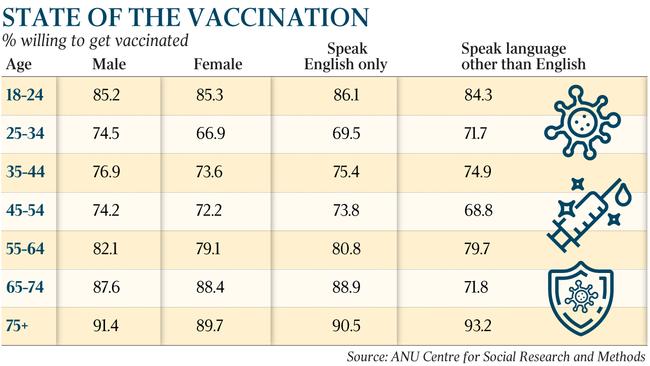
The Department of Home Affairs has also been brought in to monitor online misinformation being spread online.
Despite this, University of Sydney behavioural scientist Julie Leask believes the federal government’s information campaign is not proving effective among those who are hesitant about the jabs.
“It could be that the communication in the campaigns so far is not quite pitched at the right level and doesn’t attend to lower levels of health literacy,” said Professor Leask, who provided advice to state governments as part of their information campaign consultations. “The scripts in the videos use very bureaucratic language and the passive voice,” she added.
Professor Leask said the federal government campaign wasn’t developed with the assistance of those with expertise in the field, and instead was based on advice from market research agencies.
“They are not using the academic expertise available to them — which has corporate memory and a track record in this field to guide them — and therefore we’re not yet seeing diversity in the messaging,” she said.
“Another cause is the accumulation of misinformation. When we look at people who get their information from Facebook or from family and friends, rather than newspapers, not only do they have high rates of hesitancy, but their hesitancy rates have also increased.”
The findings from the ANU study are in line with recent federal Health Department research that found that 27 per cent of people surveyed were unsure whether they would get a vaccine.
The top concerns of those who were hesitant were fears that the long-term side effects of vaccines were unknown; a belief that the vaccines had been developed too quickly; and concerns about having an allergic reaction.
The concerns about vaccine hesitancy come as Australia’s rollout program entered its second day on Tuesday. Australia also received its second shipment of 166,000 Pfizer vaccines, with 120,000 more due next week.
The ANU study found the biggest group of concern to the government is women aged between 25 and 34. According to the research, only 67 per cent of women in this age group said they would definitely get a COVID-19 vaccine, compared with 74.5 per cent of men of the same age.
In contrast, rates of vaccine hesitancy were far less among those aged between 18 and 24.
Experts believe that concerns about the vaccine and pregnancy and breastfeeding may be a factor in driving higher rates of hesitancy in women aged 25 to 34.
Katie Attwell, an academic at the University of Western Australia who specialises in vaccination uptake behaviour, said the increased hesitancy may reflect the fact women traditionally scrutinised medical matters in greater detail than men.
“The burden of decision making about vaccination and the feelings of the need to get it right has historically rested on women’s shoulders predominantly, and I think still does,” Dr Attwell said.
“Women go through other kinds of encounters with biomedical systems where they are simultaneously told that they should do something but also told that they should question it, research it and make their own decision about it.”
Kristen McCaffrey, a fellow of the Australian Academy of Health and Medical Sciences, said she expected rates of vaccine hesitancy would decline dramatically as immunisations continued.
“Once programs roll out and people see friends and families get vaccinated without any problems, the rates of vaccine hesitancy do naturally decline,” she said.
Researchers at the University of Western Australia and the Wesfarmers Centre of Vaccines and Infectious Diseases are conducting research into community and attitudes and perceptions around COVID-19 vaccines. WA residents are invited to participate in the research.
https://www.uwa.edu.au/projects/vaxpol-lab/coronavax-project


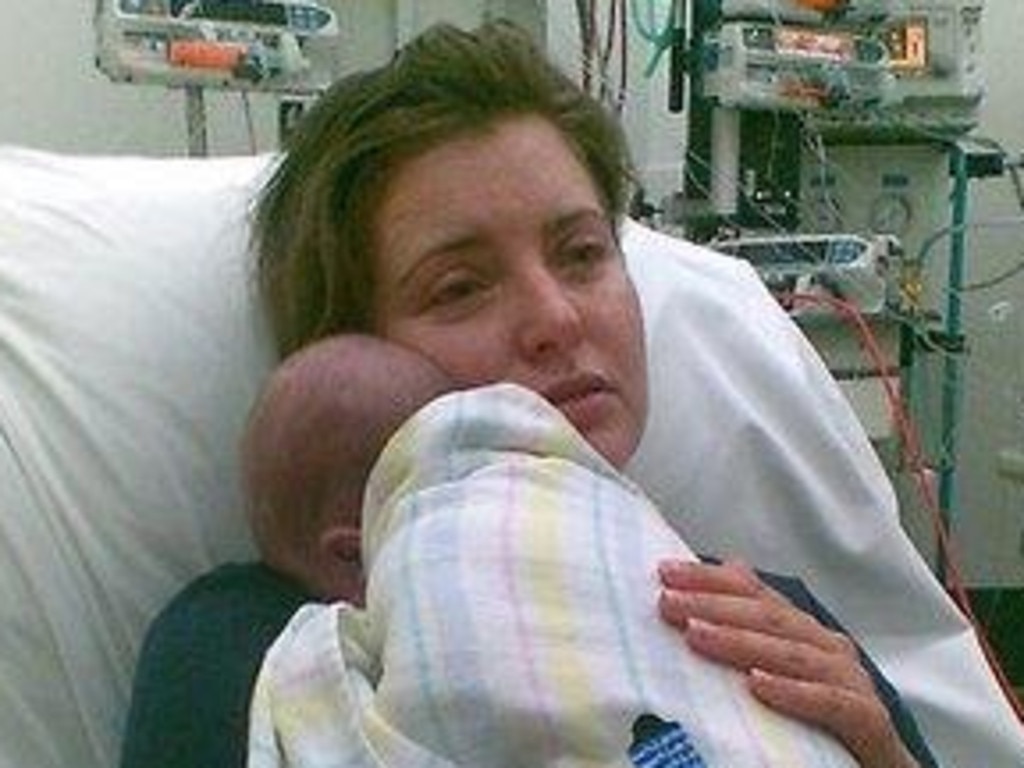
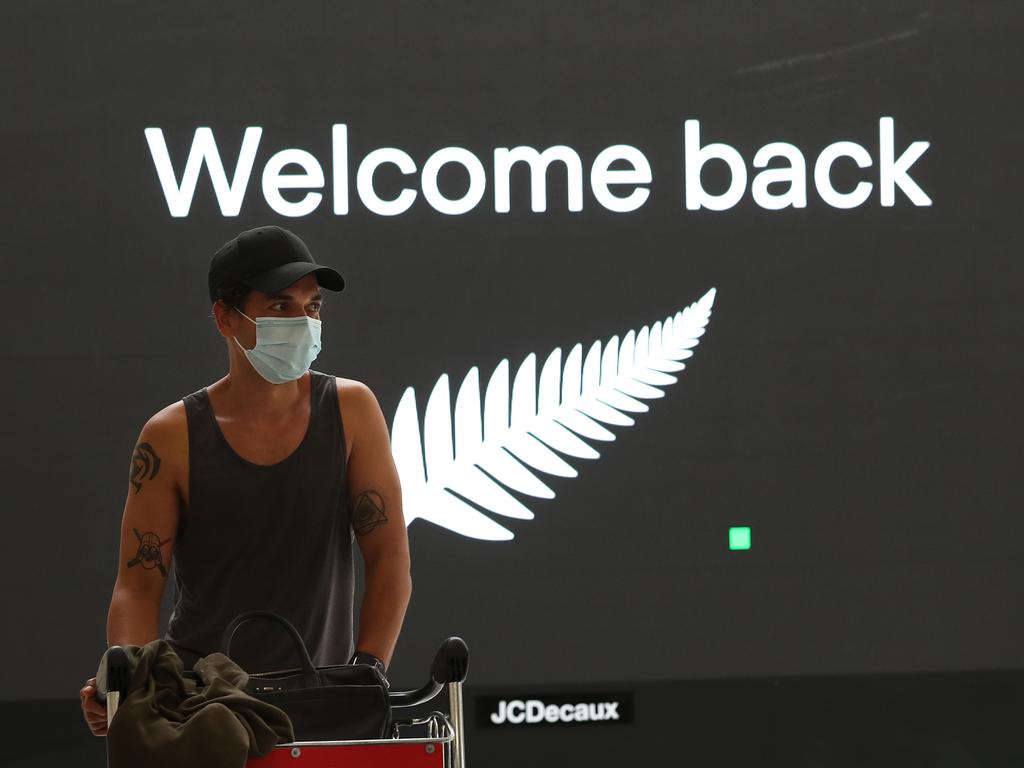

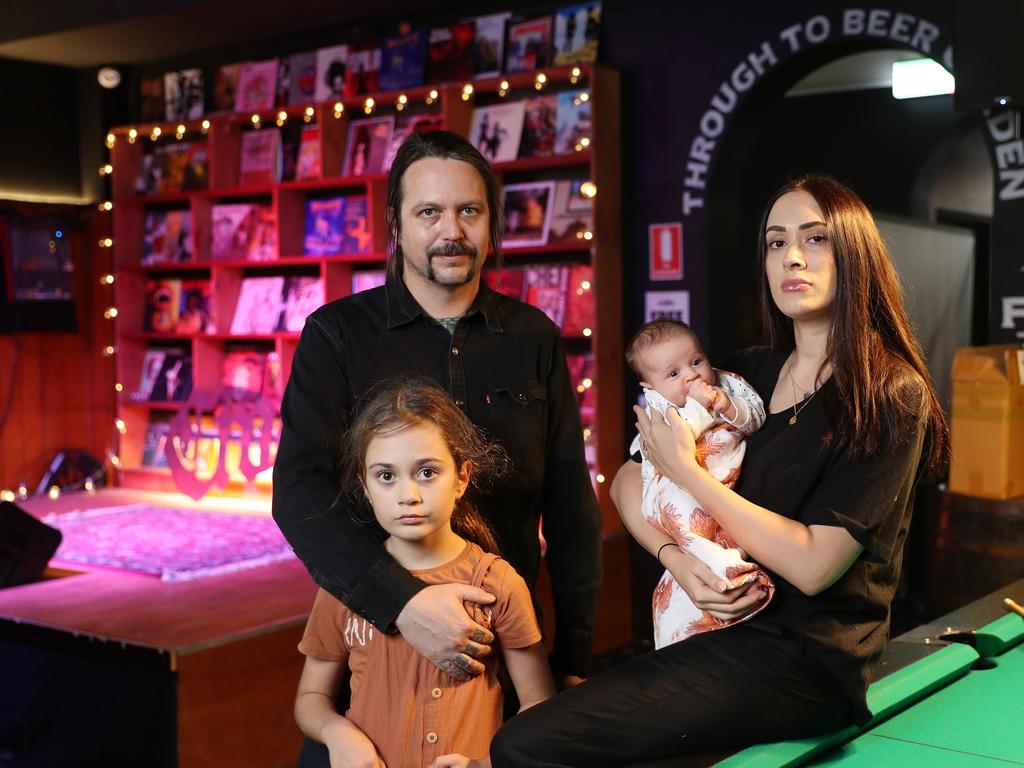


To join the conversation, please log in. Don't have an account? Register
Join the conversation, you are commenting as Logout